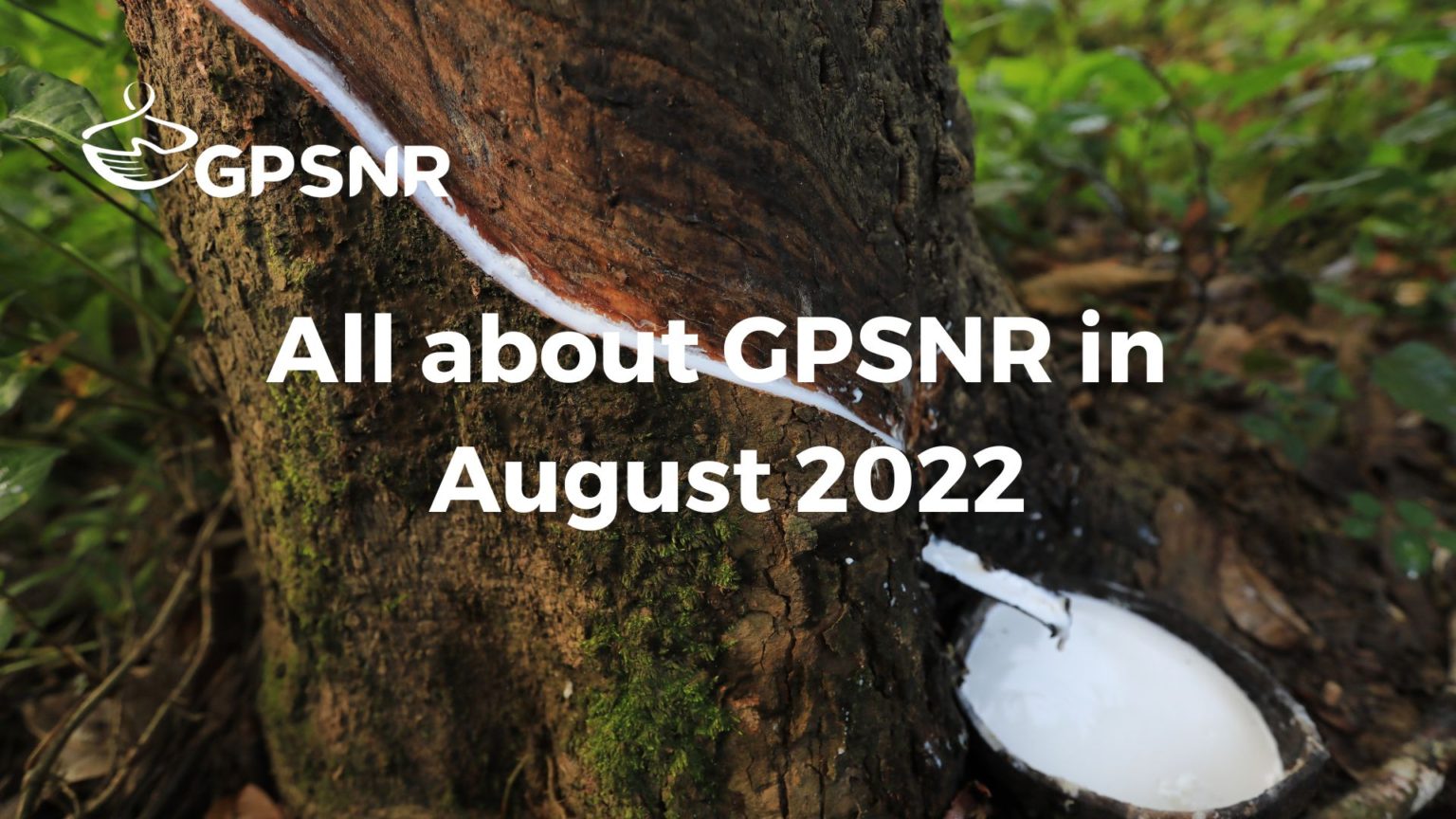Strategy and Objectives Working Group
An important milestone of the month has been the recruitment of the Assurance Model taskforce, which will be working through the September 2022 hybrid meetings to finalise the design of the GPSNR Assurance Model. Additionally, the risk subgroup is looking for a consultant to review and revise the current Risk Analysis document. Should you know anyone fit for the job, the RFP is available here.
Smallholder Representation Working Group
In August 2022, the smallholder representation working group organised an onboarding workshop for 24 smallholders in Malaysia.. They are now preparing for the first round of focus group discussions on the smallholder policy equivalent, and will continue preparing for GPSNR-HCSA Smallholder Toolkit Field Trials as well as the Pilot Agroforestry Workshops in Indonesia and Cambodia.
Policy Toolbox Working Group
This working group has developed and finalise the template for upstream questionnaires to support the reporting of Manufacturers and End Users. They are working to finalise language for 7.1 and 7.2 of the Implementation Guidance, and to finalise the Compliance Panel Guidance. On the Reporting, the WG is preparing the ground for Year 1 Reporting Review and developing the Transparent Reporting Roadmap for Years 2 and 3. They will also liaise with the smallholder representation working group on the smallholder policy equivalent as it continues to develop.
Capacity Building Working Group
This working group has released an RFP for the development of the Knowledge Sharing Platform digital application, while also completing a report by the Knowledge Sharing Platform Task Force on digital needs assessment for smallholders. . They are also busy in continuing to advance Capacity Building plans for Indonesia, Thailand, Ivory Coast, having advanced substantially on disease fighting and GAP coaching in Indonesia.
Shared Responsibility Working Group
The working group has completed call for volunteers for different pillars: Shared Investment; Value Transfer and Target Setting; Knowledge and Data Sharing. They will be creating subgroups for each pillar, and are calling for volunteers to co-chair each subgroup so do share your interest!





